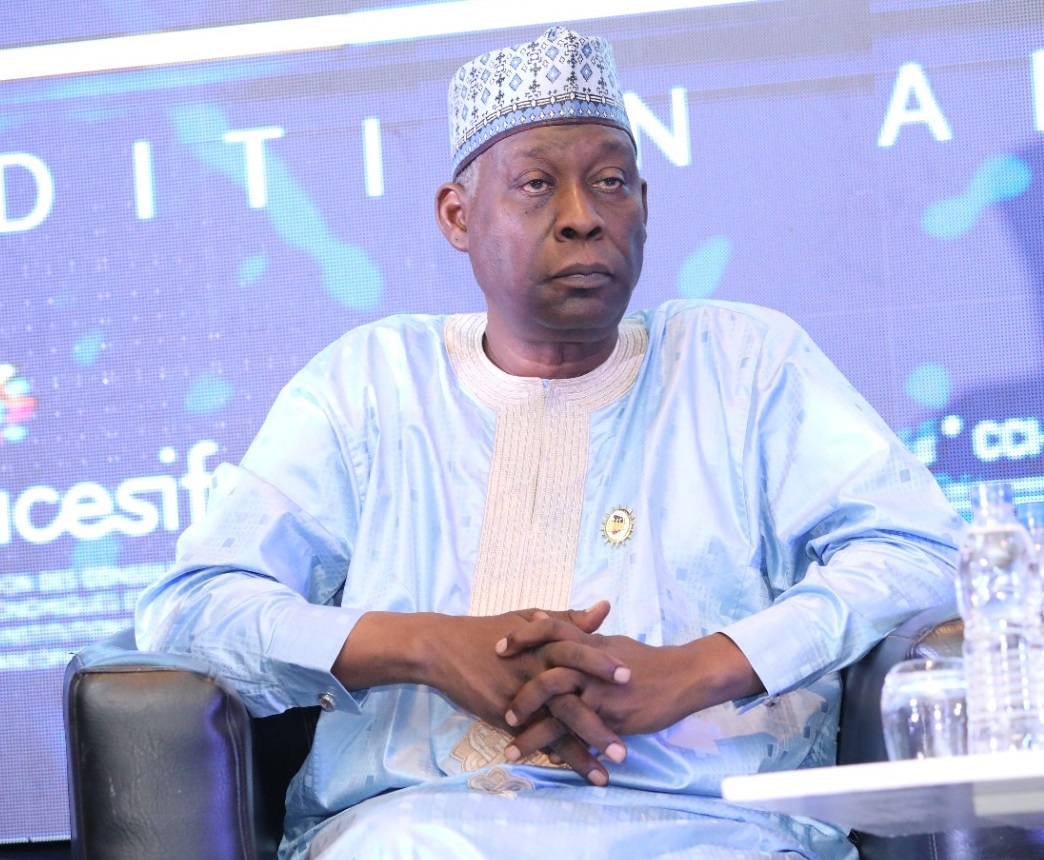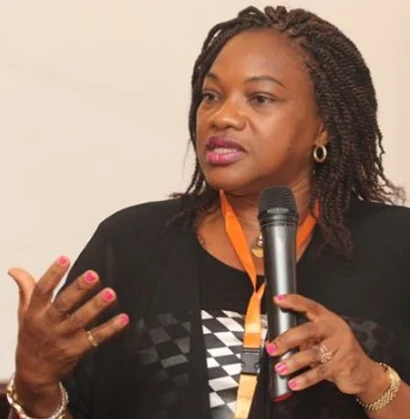Electronic learning and big data technologies are set to play a big role in the future of African farming, as experts develop new digital mechanisms to enhance food security and increase general agricultural production in the content.
Addressing delegates during the closing ceremony of the seventh African Green Revolution Forum in Abidjan, Cote d’Ivoire, Dr. Debisi Araba, the Africa Regional Director of the Centre for Tropical Agriculture (CIAT), said technologies now under development would help drive better decisions and greater productivity across African agriculture.
“There are constantly shifting variables and challenges affecting the agricultural industry such as climate changes, diseases and illiteracy and therefore the need to race against time to develop solutions that will enable the African continent to increase its agricultural production by 70 per cent to cater for the two billion population by 2050,” said Araba in his keynote address.
But “artificial intelligence is playing a great role in improving the decision-making process,” he said, with emerging technologies already beginning to play a critical role in all aspects of farming Araba cited a recent example in which CIAT’s systems saved rice farmers more than $3million in inputs by providing timely production advice.
Digital information offers the power to achieve vital changes in behaviour too. Research, for instance, has shown that farmers can now add zinc and micro ions to the soil and increase their maize yields, by up to seven to eight bags of maize even on relatively tiny land plots. Likewise, seeds have been adapted to take in less water, but their uptake depends on farmers appreciating their existence and knowing how to source them.
Other digital technologies, such as the E-platform that brings together farmers to access financial services, access markets, affordable insurance and financial inclusivity, can transform smallholders access to finance and levels of risk.
Precision farming is also set to play a central role in the growth of Africa’s agricultural output, as the demand for food soars with an increase in population.
It is now possible to use aerial images from satellites to manage and improve crop growth, using systems that give early warnings of deviations, allowing for corrections to be made in good time.
Such innovations greatly improve productivity by reducing the wastage of inputs and by ensuring that production cycles are well synced with climatic conditions and other farming requirements.
With the Food and Agriculture Organization of the United Nations projecting that the number of people in Africa will reach 2 billion by 2050 requiring farmers to produce up to 70 per cent more food to meet the demand, it is important that all functions of production are made lean.
“We must bring an end to the costly and damaging anomaly of the net deficit in food. No more should Africa produce what it does not or cannot consume, and no more should it consume what it does not, but could easily, produce,” African Development Bank (AfDB) President Dr. Akinwumi Adesina said on the opening day of the AGRF 2017.
However, supporting a revolution in agricultural production will require technology that smallholders can readily access and understand.
“Moving forward, a successful agri-tech model needs to be established that will provide revenues to farmers at no cost and have a well-defined value proposition for the farmers. Access to capital should be guided by access to information. Any upcoming technologies must be user friendly, so much so that a farmer in the grass root level can be able to apply it,” said Mr. Stephen Muchiri of the East African Farmers Federation (EAFF).
Muchiri said it was important for governments and private sector players to team up to ensure that digital developments really reached farmers, rather than leaving the ICT sector littered with collapsed digital platforms.
“Government and development funding should be channeled towards the mobilization of farmers and building the capacity. But there is also room for the private sector to come in and provide markets, financial and extension services to support the technologies,” said Muchiri.
The AfDB is already leading the path towards the provision of these kinds of new farming technologies. AfDB’s President Adesina announced earlier during the AGRF that, together with the World Bank, AfDB has set aside $800 million for the provision of agriculture technologies to African farmers.
The financial support will be provided under an AfDB flagship programme titled “Technologies for African Agricultural Transformation”.
“Agriculture is instrumental in Africa’s poverty and it must be instrumental in its wealth, but only through agricultural regeneration. No region of the world has ever industrialised without the agriculture sector being first transformed,’’ said Dr. Adesina.




































